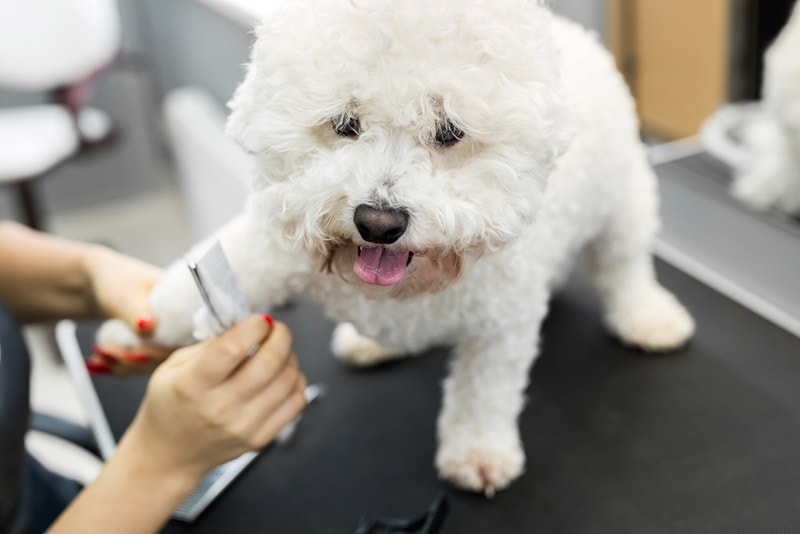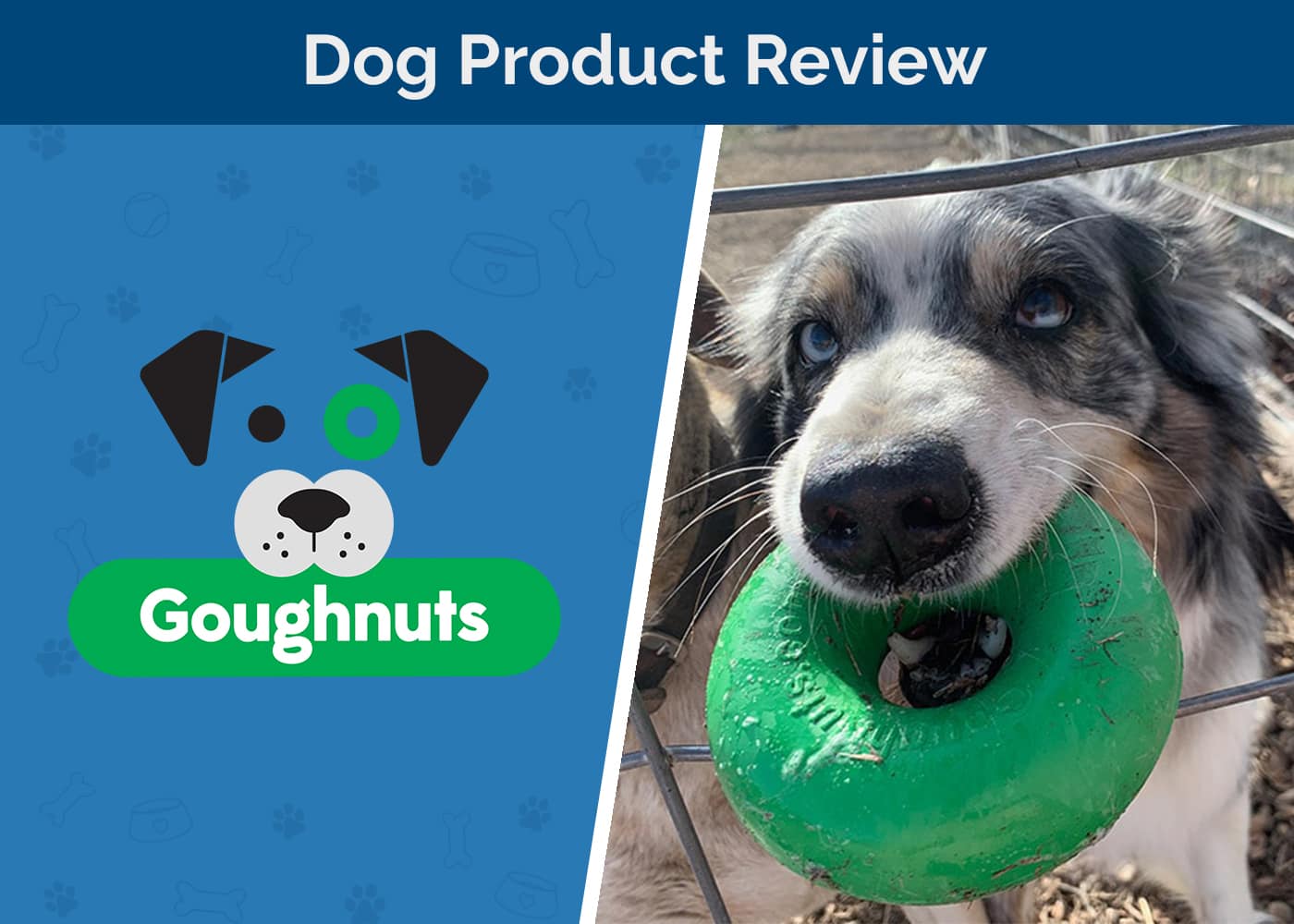Why Does My Dog Smell Like Metal? 7 Vet Reviewed Reasons
Updated on
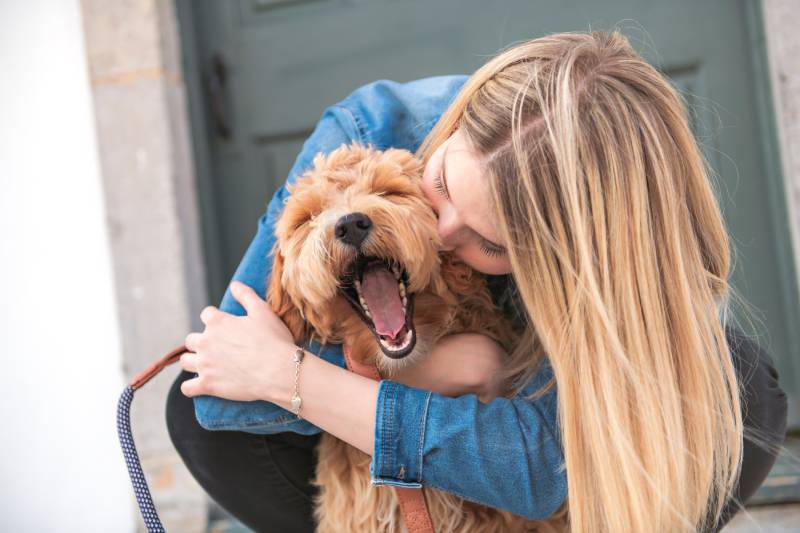
Dogs can emit rather interesting odors, but a metallic smell can be worrisome, particularly if you haven’t smelled it on your dog before. One of the first things you might assume is that it’s blood, as blood often smells like iron. While an injury is quite possible, several health conditions can lead to a metallic odor.
These are seven of the more common causes for a dog to smell metallic, some of which are serious and need a veterinarian’s attention.
The 7 Reasons Your Dog Smells Like Metal
1. Anal Glands
If a dog smells metallic, it is often due to their anal glands.
Anal glands are two small sacs, roughly the size of grapes, on either side of the dog’s anus. Each gland contains a stinky fluid that dogs naturally express during bowel movements. This fluid is how a dog marks their territory and is what other dogs smell when sniffing each other’s butts to gain information.
Anal glands can become impacted, and infected, often making the smell stronger.
- Scooting
- Frequently licking and biting their rear end
- Discomfort when pooping
- Anal discharge
- Not sitting
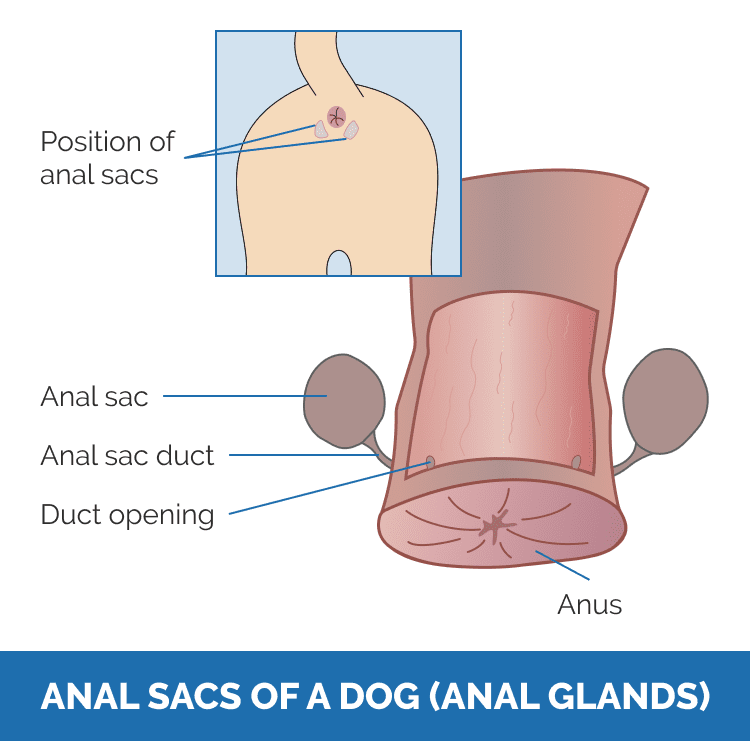
2. Periodontal Disease
Periodontal disease is one of the most common diseases that dogs can develop. A metallic smell can come from bleeding gums.
- Puffy, red gums
- Bad breath
- Bleeding gums
Dogs might also stop chewing on their favorite chew toys, have trouble chewing, or seem uncomfortable with their mouth. It’s critical to take good care of your dog’s teeth and brush them daily to help keep their mouths as healthy as possible.
3. Kidney Disease
Kidney disease is a serious health condition. As the kidneys lose the ability to filter out toxins and waste, this can lead to a metallic odor on their breath. You might also notice an ammonia smell on your dog’s breath because of the buildup of urine and waste.
- Increased thirst
- Increased urination
- Loss of appetite
- Weight loss
- Depression
- Lethargy
- Vomiting
With early intervention and treatment, you can make your dog more comfortable. Unfortunately, there isn’t a cure for kidney disease.
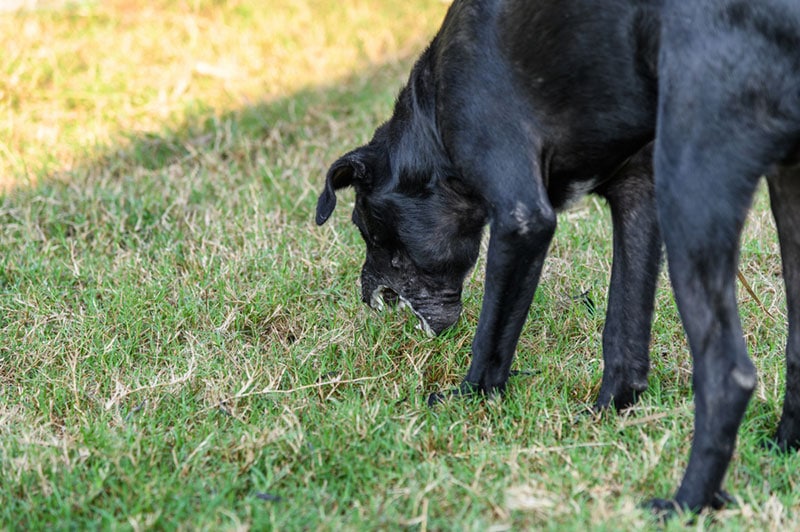
4. External Blood
Blood has a distinctively metallic odor, which might indicate that there is blood somewhere on your dog. You should gently check them over for an injury, including inside their mouth. If your dog doesn’t have gum disease, they might have injured their mouth chewing something.
5. Gastrointestinal Disorders
If your dog doesn’t appear to have any injuries and it’s not their anal glands, diarrhea or bleeding into the gastrointestinal tract can sometimes leave your dog’s stool, and therefore your dog, smelling metallic.
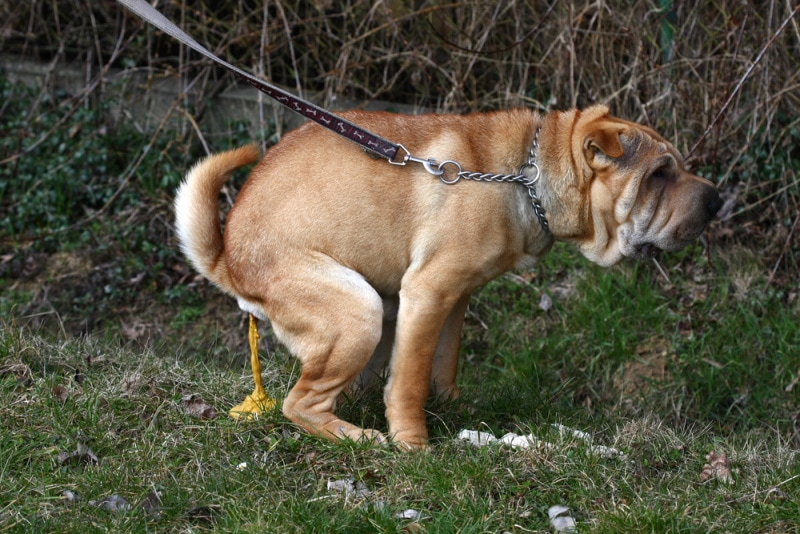
6. Pica
Pica (pronounced PIE-kuh) is a condition where dogs eat items that aren’t food. This can be anything from garbage, cloth, plastic, and rocks to feces. When dogs eat poop, it’s called coprophagia. Pica can occur due to poor nutrition or a medical condition, but it is usually an obsessive-compulsive disorder.
If they eat poop with blood or something that damages their mouth, this can cause their breath to smell metallic.
7. Urinary Tract Infection
When dogs have a urinary tract infection (UTI), one of the signs can be blood in the urine. It’s caused by bacteria in the bladder and is treatable with pain medication and antibiotics.
- Frequent urination
- Straining to pee with little result
- Inappropriate urination (includes uncontrollable dribbling or peeing in the house)
- Increased thirst and urination
The blood in the urine can potentially cause a metallic scent on your dog.
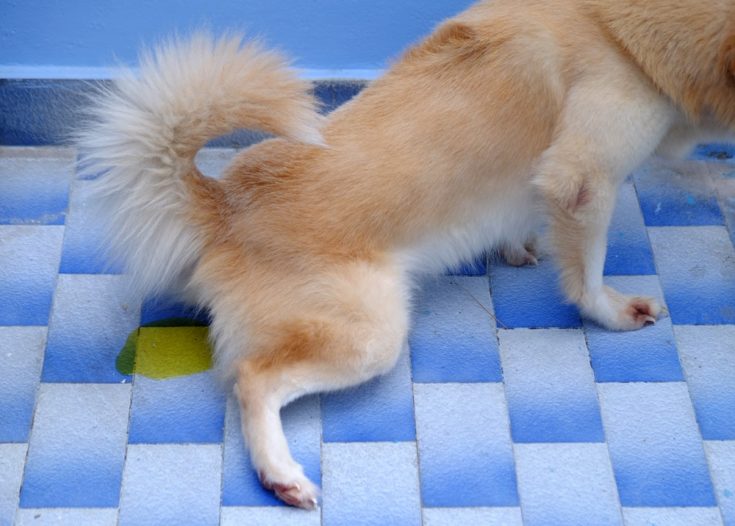
How to Ensure That Your Dog Doesn’t Have a Metallic Smell
Watch Their Diet
You should ensure that your dog eats a nutritious diet and stays at a healthy weight. Since impacted anal glands tend to be the most common reason for a metallic odor, keeping their stool the right consistency is essential.
It’s quite common for dogs with chronic loose stool to not be able to express their anal glands naturally.
Keep Those Teeth Clean
Gum disease is arguably one of the most common diseases that dogs can get, so having metallic breath can be fairly common. You should brush your dog’s teeth at least twice a week, but daily would be best. This is particularly true for breeds prone to gum disease, such as most small and flat-faced breeds.
They should also receive annual professional oral health assessments from your vet, which can help them keep an eye on any potential dental problems before they arise.
Be Aware of Your Dog’s Environment
Make sure anything that can hurt your dog’s teeth and gums isn’t somewhere they can reach. This is particularly true if your dog is a chewer. Put away anything toxic, such as antifreeze, and certain human foods, such as garlic and onions.
Conclusion
While some cases of a dog smelling metallic are not that serious, others are potentially emergency situations. That said, even less-severe conditions should be examined by a vet.
If there’s nothing wrong with your dog and your vet gives them a clean bill of health, it’s still always best to be safe than sorry, particularly when it comes to your best friend’s health.
Featured Image Credit: Lopolo, Shutterstock





